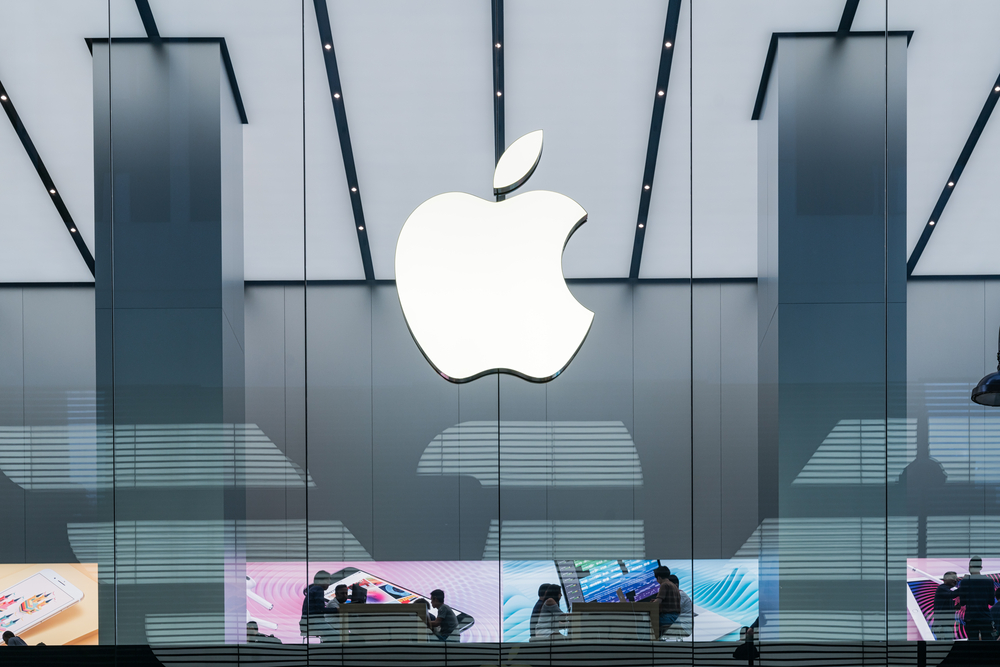Apple has been urged to scrap AI news alerts due to inaccuracies. The controversy highlights growing concerns about AI reliability in news dissemination, a crucial aspect of public information sharing.
The technology titan introduced the summarised news alerts to users, but some have been inaccurate and completely false. Industry experts estimate that AI-generated content can have an error rate of up to 15% when summarizing complex news stories.
In one instance, the BBC complained in December after a headline inaccurately informed some readers that Luigi Mangione, the man accused of killing UnitedHealthcare CEO Brian Thompson, had shot himself. This incident sparked a broader debate about AI’s role in news distribution, with media organizations worldwide expressing concern.
The National Union of Journalists (NUJ), has called on the Cupertino, California-based company to scrap Apple Intelligence to avoid giving the public fake news. The NUJ represents over 30,000 journalists and has been at the forefront of maintaining journalistic integrity in the digital age.
“At a time where access to accurate reporting has never been more important, the public must not be placed in a position of second-guessing the accuracy of news they receive,” Laura Davison, the union’s general secretary, is quoted by BBC News as saying. Studies show that misinformation can spread up to six times faster than accurate news on digital platforms.
Apple has told the publication its update will be coming “in the coming weeks”. This response comes as tech companies face increasing scrutiny over their AI implementations, with accuracy rates becoming a critical metric for success.
“Apple Intelligence features are in beta and we are continuously making improvements with the help of user feedback,” the company said in a statement. “A software update in the coming weeks will further clarify when the text being displayed is summarisation provided by Apple Intelligence. We encourage users to report a concern if they view an unexpected notification summary.” Beta testing typically involves thousands of users and can last several months before features are fully implemented.
The controversy comes at a time when AI-generated content is becoming increasingly prevalent in news distribution. Recent studies indicate that approximately 37% of news consumers regularly encounter AI-generated content, often without realizing it.
Media experts have emphasized the importance of human oversight in news distribution, pointing out that AI systems, while advanced, still lack the nuanced understanding required for accurate news reporting. Research shows that human editors catch up to 95% of potential errors in news content.
The incident has also raised questions about the responsibility of tech companies in news distribution. Industry analysts estimate that over 60% of people now receive their news through digital platforms and mobile devices, making the accuracy of these systems crucial for public information.
Journalism schools and media organizations have begun incorporating AI literacy into their training programs, recognizing the need to understand both the capabilities and limitations of AI in news reporting. Educational initiatives focusing on AI in journalism have increased by 200% in the past two years.
The debate extends beyond just accuracy concerns, touching on issues of transparency and accountability in AI-powered news systems. Media watchdogs have called for clearer labeling of AI-generated content and stricter guidelines for its use in news distribution.
Recent surveys indicate that 78% of news consumers prefer human-curated news over AI-generated summaries, citing concerns about accuracy and context. This preference becomes even more pronounced for breaking news and complex stories.
The incident has prompted discussions about potential regulatory frameworks for AI in news distribution. Several countries are now considering legislation that would require clear disclosure of AI involvement in news content generation and distribution.
Media literacy experts emphasize the importance of critical thinking skills in an era of AI-generated content. Educational programs focusing on digital literacy have seen a 150% increase in enrollment over the past year, reflecting growing awareness of these issues.
As the technology continues to evolve, the balance between innovation and accuracy remains a critical challenge for tech companies and news organizations alike. Industry observers note that this incident could serve as a watershed moment in how AI is implemented in news distribution systems.
















